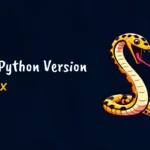Show Progress of cp, mv, Tar, Rsync, or Scp Commands in Linux
Many Linux commands like cp, mv, rm, and others that perform progressive tasks lack a built-in mechanism or option to display a progress bar. However, a verbose mode is present that can show the detailed insight of each action, but a progress indicator would have





